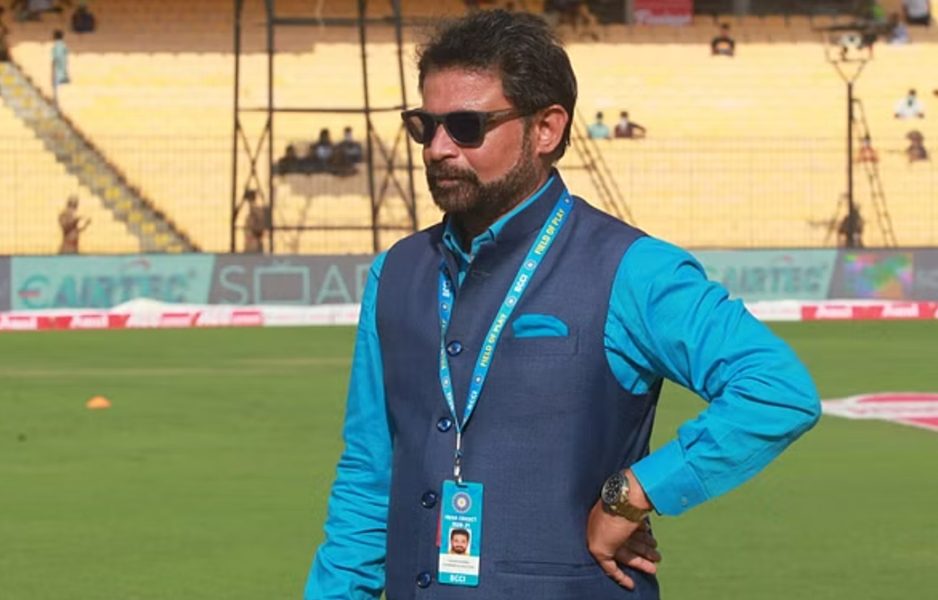
Chetan Sharma resigns as BCCI's chief selector after TV sting row

Chetan Sharma, the chairman of BCCI’s senior selection committee, resigned on Friday (February 17) after he was mired in a TV sting operation controversy.
According to a tweet from news agency ANI, former India cricketer Chetan sent in his resignation letter to the Board of Control for Cricket in India’s (BCCI) secretary Jay Shah.
Opinion: TV ‘sting’ row: Chetan Sharma’s position as chief selector is untenable
Shah has accepted Chetan’s resignation.
BCCI chief selector Chetan Sharma resigns from his post. He sent his resignation to BCCI Secretary Jay Shah who accepted it.
(File Pic) pic.twitter.com/1BhoLiIbPc
— ANI (@ANI) February 17, 2023
Chetan, who was recently reinstated by the BCCI after being removed following India’s showing in the T20 World Cup in Australia, was seen during the sting operation casting aspersions on players like Virat Kohli and Jasprit Bumrah.
He also allegedly revealed his internal discussions with head coach Rahul Dravid and Virat Kohli during the sting conducted by Zee News.
Sharma alleged that a lot of players take injections to expedite their return to competitive cricket despite being 80 to 85 per cent fit.
“The players are not fit but they take injections to play. They are ready to play even at 80 per cent fitness. They take injections and start playing,” Sharma said in the sting operation video.
“Even if they are around 85 per cent fit, they will say ‘Sir let us play’ but they are not cleared by the medical team that is where the problem lies. The players always want to play, they never refuse to play.
“Bumrah could not even bend so what can he do? 1-2 such major injuries happen. Otherwise even at 80 percent (fitness) they are so naughty that they quietly sneak into a corner and take the injection and say ‘Sir we are fit’.
“It is an injection, not pain killer. We don’t even know that they have taken the injection. For pain killer, they need a prescription, it can also come under doping… With regards to injection, they know which injections don’t come under anti-doping,” he added.
(With agency inputs)

